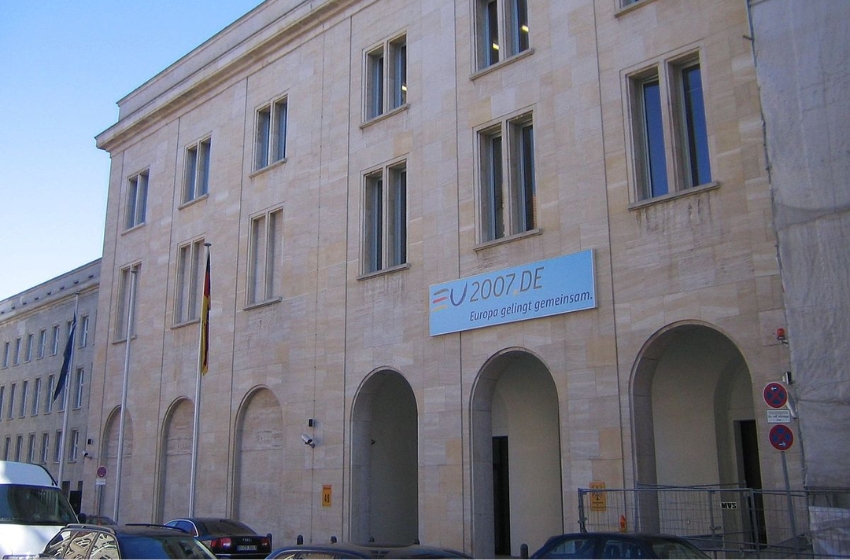The German government aims to accelerate the integration of Ukrainian refugees into the labor market, as their numbers have significantly increased in the past year and a half.
The Ministry of Labor and Social Affairs of the Federal Republic of Germany reported that more than 100,000 Ukrainians have recently completed integration courses, and a similar number is expected to do so in the coming months.
Those who have completed integration courses are expected to gain work experience and further qualifications as quickly as possible. Each sustainable and adequate integration into the labor market contributes to the demand for skilled labor in Germany, according to the announcement.
The ministry is implementing a series of measures to expedite the integration process for Ukrainians. Employment centers and job placement agencies are helping integration course graduates and employers find each other. For this purpose, sector-specific "job search events" with the business community and educational partners, such as job fairs, are being expanded.
The government is also urging companies to increasingly employ refugees who do not have a sufficient command of the German language (below the B2 level) and provide them with opportunities for on-the-job training. The government aims to involve large companies, temporary employment sectors, and industry associations in making relevant voluntary commitments.
The German labor market primarily seeks qualified workers with a good command of the German language. Therefore, refugee integration is a significant challenge. In many cases, individuals need to be trained both technically and linguistically to ensure they have sustainable employment prospects and stable long-term employment, explains Andrea Nales, the head of the Federal Employment Agency.





















